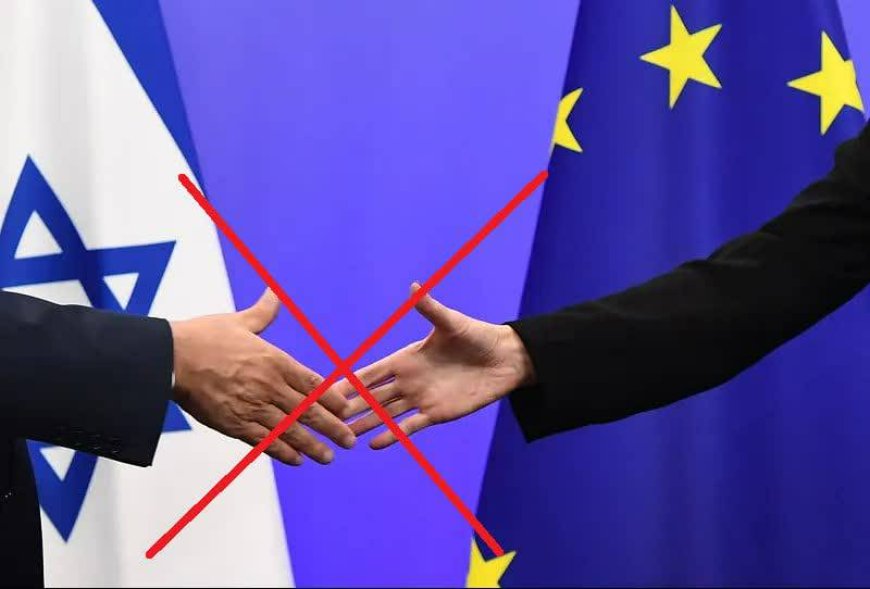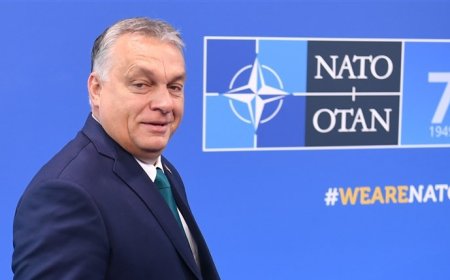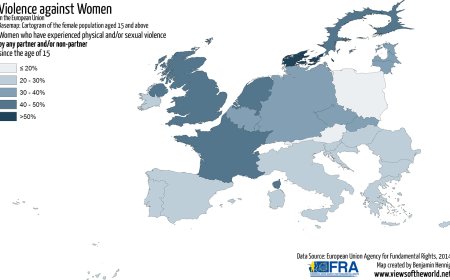How Does Europe's Support for the Israeli Regime Widen Divisions Within the Union and Pose a Moral Challenge?
The recent display of solidarity for the Israeli regime by European leaders has raised concerns about the detrimental ramifications it may have for European countries. Iconic buildings across the European Union, including the Brandenburg Gate in Berlin and the Eiffel Tower in Paris, were adorned with the white and blue colors of the Zionist regime's flag, following the Palestinian resistance's operation, Al-Aqsa Storm, on October 7. The European Commission and the European Parliament also boldly raised the Israeli regime's flags outside their headquarters in Brussels.

However, this swift and seemingly imprudent course of action by the European Parliament has exacerbated the already widening schisms among its members. Some EU parliamentarians argue that such a move effectively stifles their criticism of Israel's ongoing atrocities in Palestine, while others question the expeditiousness of this solidarity display compared to similar acts in support of the regime in Kyiv.
It is worth noting that many representatives within the European Parliament are not inclined to align themselves with Israel's inhumane crimes. Meanwhile, many EU officials who wished to remain anonymous out of fear from pro-Israeli lobbies have expressed concern, stating that it makes them feel like they are supporting a regime that endorses apartheid and perpetrates crimes against defenseless civilians. They draw attention to instances such as the deliberate murder of American-Palestinian journalist Shireen Abu Akleh by Israeli troops in May 2022 and recent reports of Israeli forces targeting young Palestinian demonstrators, suggesting that these crimes should also be condemned by the European Union.
One factor for the reluctance of EU officials to openly show solidarity with the Palestinian plight is that they would immediately be labeled as anti-Semitic, as the decision of the European Commission and the European Parliament to display the Israeli flag reflects the general political leaning of these institutions in favor of Israel. However, it is crucial to recognize that this stance does not necessarily represent the position of the entire European Union.
Left-wing members of the European Parliament have raised questions regarding the condemnation of Palestinian civilians falling victim to Israel's occupation in the past. Instead, they advocate for seeing the flags of Israel and Palestine displayed side by side outside European institutions, signaling support for a two-state solution where two democratic nations coexist in peace and security. They emphasize the condemnation of military actions targeting innocent Gazans and assert that the credibility of the European Union should not be compromised due to the actions of a particular movement.
Criticism of the European Commission's unilateral actions extends beyond left-wing members of the European Parliament. Representatives from other European countries, including the Netherlands and Belgium, have also voiced their concerns. They argue that in Palestine, innocent lives are being lost due to Europe's longstanding indifference towards Israel's war crimes. They assert that EU leaders should condemn and hold the Israeli regime accountable for its heinous crimes against Palestinian civilians.
Today, Europe appears to have realized the need to avoid turning a blind eye to the truth. Although the initial actions were undoubtedly influenced by parliamentary pressure, popular support for Palestine, and other factors, Europe now recognizes the importance of adopting a more realistic and impartial approach. One-sided support for the Israeli regime could potentially escalate regional tensions and present broader challenges for the European Union. Additionally, unilateral support may inadvertently validate Israel's apartheid policies, as pointed out by some members of the European Parliament, ultimately leading to a loss of credibility for the Union.
It is crucial for Europe to correct its position and strive for fairness and impartiality. Failure to do so may result in further divisions within the Union. Consequently, the current position adopted by Europe leans towards Tel Aviv, driven not solely by morality or fairness, but primarily by self-interest. It is imperative for Europe and the Union to maintain a balanced perspective and actively seek a just solution to the ongoing conflict.













































